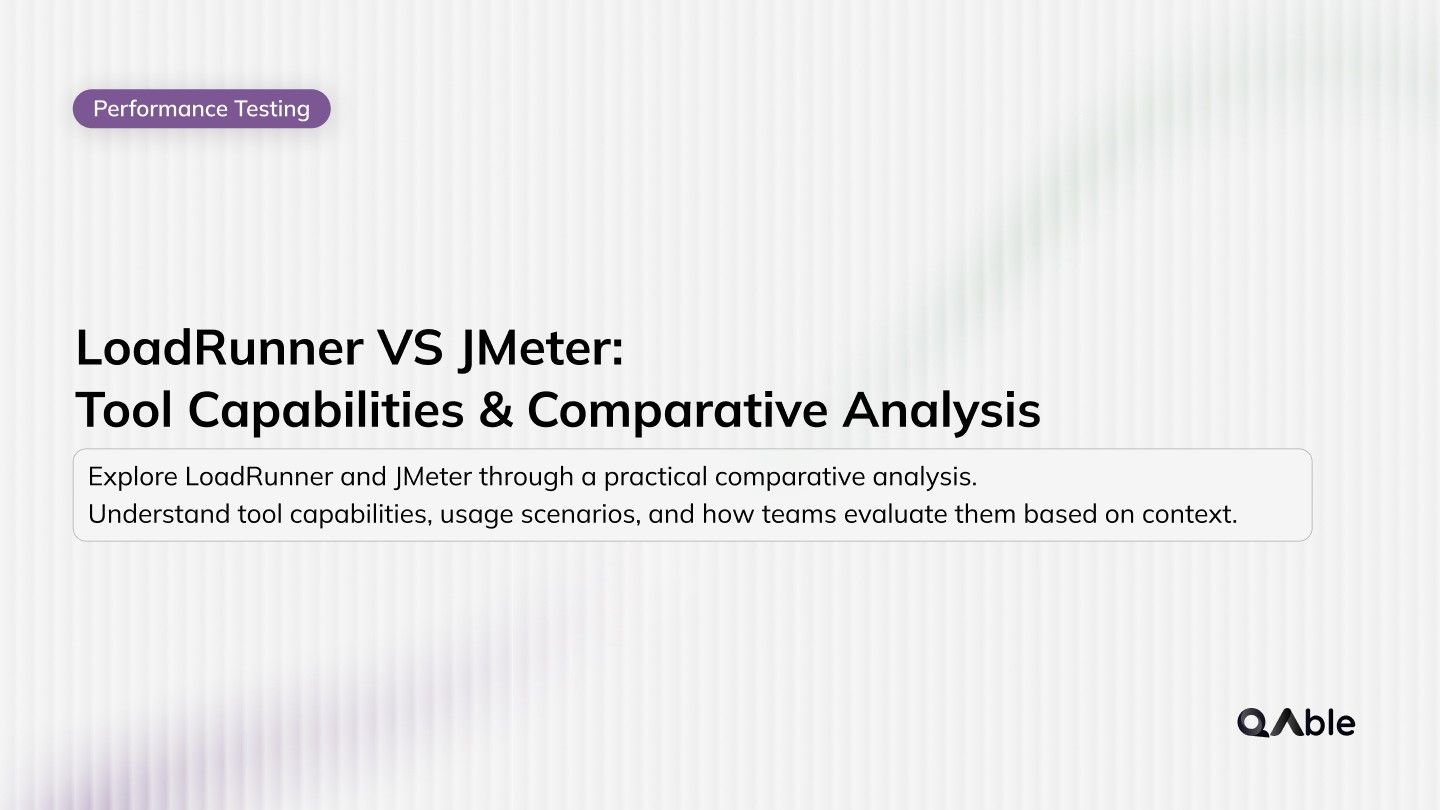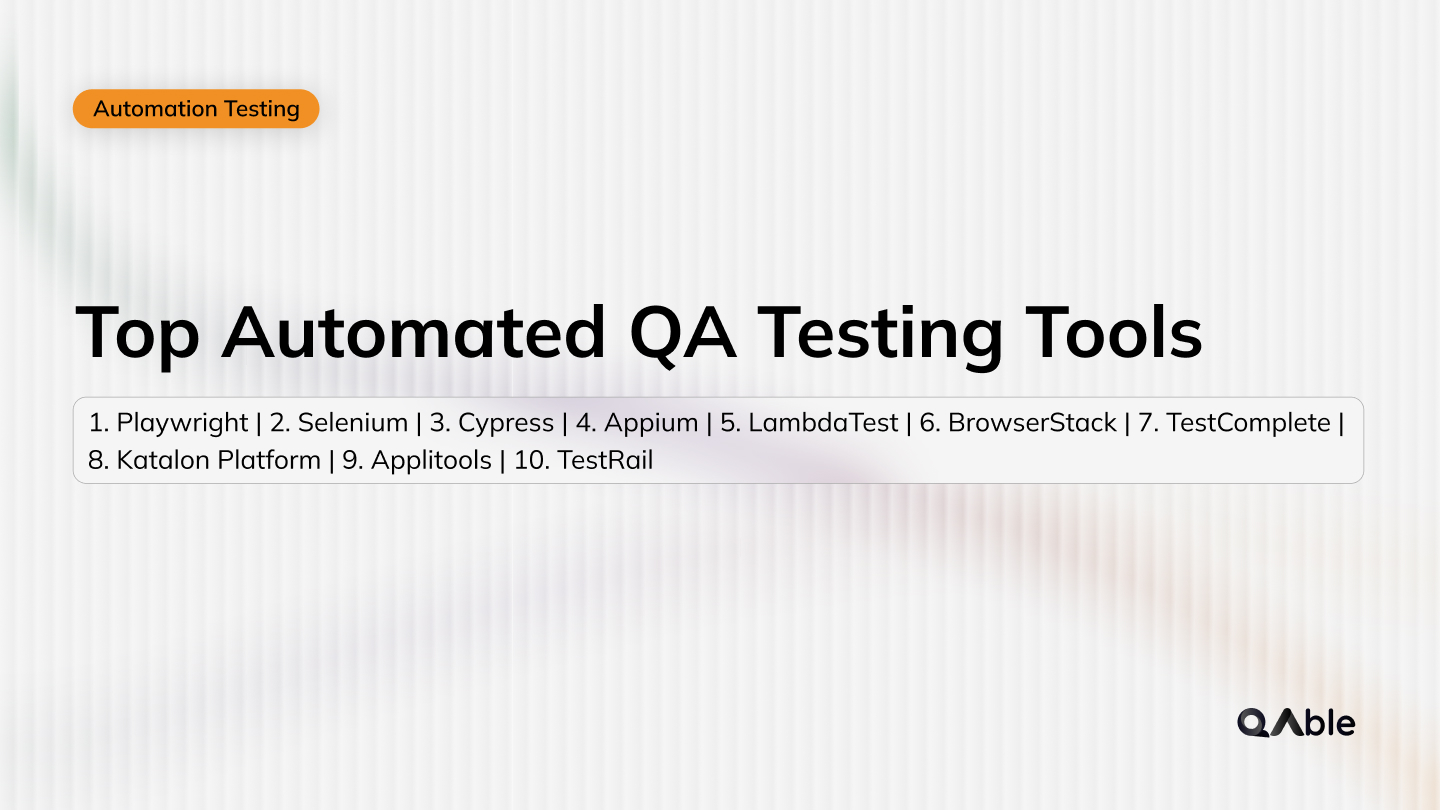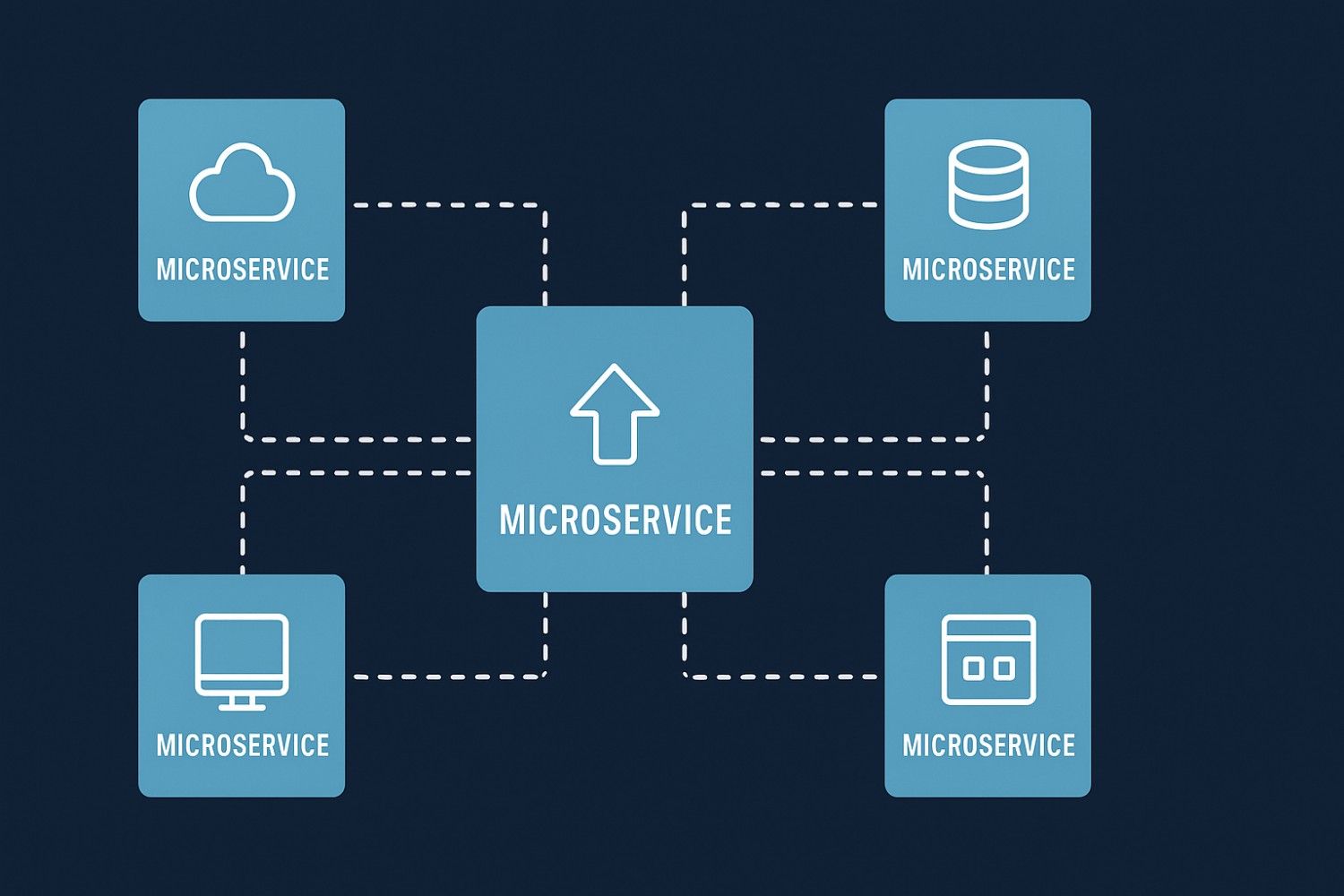Table of content
SHARE THIS ARTICLE
Is this blog hitting the mark?
Contact Us
Digital Assurance ensures that a software or a digital eco-system functions and performs as expected by implementing proper Quality Assurance (QA) testing methods that helps to achieve desired business or project goals.
New applications and services are frequently launched and the BSFI sector has a huge market share for these modern software services.
BFSI stands for Banking, financial services, and Insurance. These are the core areas that relates directly to Digital Assurance.
While talking about Digital Assurance, a report by Gartner says that the BFSI sector is on a rising path, with a steady annual growth of 5.7% in the coming years, reaching a whopping spending of nearly $715 billion by 2025.
Testing applications or services related to the BFSI sector presents numerous opportunities as well as unique challenges for software testers.
At the same time, it reflects the need for experienced QA experts and their skills to deliver a quality product in a highly competitive market.
According to a report by Market Research Guru as of 18-Jan-2023, Software Quality Assurance is a booming industry, with a value of over $1772 million in 2022. It is expected to grow at a rapid pace of 14.47% CAGR, reaching a staggering value of almost $3990 million by 2028.
This blog will help you clearly understand the landscape of digital assurance and how quality testing contributes to it for a digital transformation.
Let’s get started.
Table of Content
- What is Digital Assurance?
- What are the Key Components of Digital Assurance?
- 5 Advantages of Implementing Digital Assurance for Your Business
- What are the Challenges while Ensuring Digital Assurance?
- QAble’s Incredible Strategies for Implementing Digital Assurance
- FAQs
What is Digital Assurance?
Digital Assurance is a strategic approach to validate digital platforms and systems. In simple terms, it aims for QA professionals to implement quality testing techniques to check and enhance efficiency and performance of applications ensuring digital assurance.
It is a valuable practice that amplifies the customer chain for digital transformation. Digital Assurance utilizes testing techniques to meet the end objectives and drive quality.
The goal of digital assurance is to boost customer satisfaction by meeting the highest capabilities for their product especially in the BFSI sector.
These are the following ways digital assurance can be helpful for your product.
- It enables a smooth and improved customer experience.
- Increases profitability.
- Easy automation and workflow standardization.
- Improved service or product quality.
What are the Key Components for Digital Assurance?
DevOps and Agile methodologies along with QAOps is widely adopted for digital assurance as they help enhancing software through quality testing techniques and frameworks. Here are the essential components of digital assurance that you must know.
- Business Value Chain Testing - It is implemented to verify the flow of business processes in digital and cloud systems. Thus, it should empower business strategy and user needs.
- Accessibility and Usability Testing - It ensures that software is easy to use and accessible to every user even those with disabilities.
- Data Assurance - Digital assurance verifies the completeness, accuracy, and data security associated with the system.
- Localization Testing - Localization testing makes sure that the software is customized as per the geographical location of its usage. It should also check for the language support for better usability.
- Change Management and Release Validation - Digital assurance through quality testing validates how the new changes and releases interact with the system. It checks that those changes must not disrupt the system.
Also read: Web Content Accessibility Testing Guidelines - Best Practices
5 Advantages of Implementing Digital Assurance for Your Business
There are significant advantages when it comes to implementing digital assurance. However, we have listed some important ones that encompass the crucial aspects of your business.

Reduces Business Risks
Mitigating potential issues in the earlier stages is healthy for the QA and development team. Let’s look at this advantage in detail.
- It addresses business risks such as its revenue and expenses, legal compliances, company’s reputation, and SLAs (service-level agreements).
- It helps in detecting performance issues and potential loopholes in system’s security.
- It ensures in carrying out business operations in a scalable way .
- Ensuring a quality product or service helps in building customer trust and promotes loyalty among them towards the brand or service.
- Thorough testing with maximum coverage minimizes the risk of cyber-attacks and data breaches. This helps in mitigating potential risks that could hurt the business if remained unchecked.
Also Read: Best Practices for QAOps
Increased Customer Satisfaction
Contentment and positive sentiment are the results of increased customer satisfaction achieved through digital assurance.
- It aims on removing unexpected glitches and errors to provide reliable and seamless interaction and navigation.
- Compatibility testing helps in increasing device coverage and cater to the needs of a diverse range of customers. This ensures maximum customer satisfaction regardless of their devices, browsers, or operating systems.
- Digital assurance helps building customer trust. This keeps the customers at ease since they can trust the software to protect their personal data. This trust can be a huge USP for any software or service.
Competitive Advantage
- The competitive advantage indicates the attributes and unique qualities that allow businesses to remain ahead of their competitors with a distinctive edge.
- Understand and provide distinctive solutions based on design, quality, features, and brand reputation.
- Continued innovations and out-of-the-box thinking for improved services plays with advancing technologies can play a major role to be successful in the long run.
- Optimizing supply chains, customer service, and resource utilization with a specialized workforce is essential to gain a competitive advantage.
Cost Savings
Furthermore, cost savings require identifying various ways to minimize costs without compromising the product or service quality. That’s where digital assurance can do wonders.
- High-quality digital solutions implemented validated through quality testing methods require fewer maintenance efforts and reduce operational expenses.
- It avoids downtime which is essential to avoid potential revenue losses and maintain operations smoothly.
- It provides insights to make informed decisions regarding process improvements, resource allocations, and future efforts.
Easy Adaptability to Changes
Digital assurance requires a proactive and thorough approach to validate digital solutions. Thus, it enhances the agility and flexibility of your systems so your system can easily respond to changes.
- It validates that your digital solutions are modular and well-structured.
- Implementing robust and reliable testing methods and best practices to ensure digital assurance helps reducing impact during service disruptions. It also minimizes the impact on user-experience.
- It assesses the system to verify that systems can efficiently handle the increased loads to scale up and down as required.
- Digital assurance focuses on areas affected by changes to allocate sufficient resources for a smooth transition.
Digital Assurance is a major component while creating strategies for software, product, or service development. In a nutshell, it creates a strong foundation to ensure quality and help achieving business goals. This ensures a successful and sustainable business model with continuous innovation and improvement.
What are the Challenges while Ensuring Digital Assurance?
There is no doubt that digital assurance is highly beneficial for your business. But it also has its fair share of significant challenges which need to be addressed promptly. Here are some crucial challenges that you must focus on.
- Complex Integrations- Digital solutions heavily rely on third-party integrations and API. Thus, conducting seamless communication among these integrations requires extensive API testing.
- Data Security and Privacy- Ensuring compliance and security testing with regulations can be resource-intensive and complicated.
- Rapid Technological Changes- The rapid changes in technological advancements are a major challenge to keep up with new frameworks, tools, and platforms.
- Time Constraints- There is a lot of pressure to release major digital solutions which require significant time to complete.
- DevOps and Agile Integration- Integration of digital assurance in the fast-paced DevOps and Agile environments is a challenging task due to frequent releases.
QAble’s Incredible Strategies for Implementing Digital Assurance
QAble, one of the rapidly growing software testing companies, is here to provide the most relevant solution for your unique requirements. As passionate testers, we are committed to deliver quality products that checks green on all the key aspects of digital assurance.
We have also listed some essential strategies that can help you in employing digital assurance smoothly.
- Risk-Based Testing- Start by focusing on high-risk areas and ensure critical security aspects and functionalities are tested thoroughly.
- Regular Audits and Monitoring- Conducting regular audits and monitoring through proper testing ensures smooth alignment with the integrations and identifies improvement areas.
- Defect Management- You must implement robust tools for defect management for tracking and resolving issues.
- Collaboration- Strong collaboration between business, development, and testing teams expands their capabilities to bring new ideas to the table efficiently.
Hence, implementing the above strategies can effectively elevate your digital assurance efforts and contribute to the success of your business in the digital world.
In conclusion, QAble’s efforts consist of its commitment to focus on elements and pushing boundaries to achieve great results. If you too are looking for a robust QA team of experts, then no need to go anywhere.
Discover More About QA Services
sales@qable.ioDelve deeper into the world of quality assurance (QA) services tailored to your industry needs. Have questions? We're here to listen and provide expert insights


Nishil Patel is the Co-founder of QAble, delivering advanced test automation solutions with a focus on quality and speed. He specializes in modern frameworks like Playwright, Selenium, and Appium, helping teams accelerate testing and ensure flawless application performance.
.svg)














.webp)
.webp)
.png)
.png)











.png)



.png)

.png)

.png)






.jpg)







.png)





.webp)

